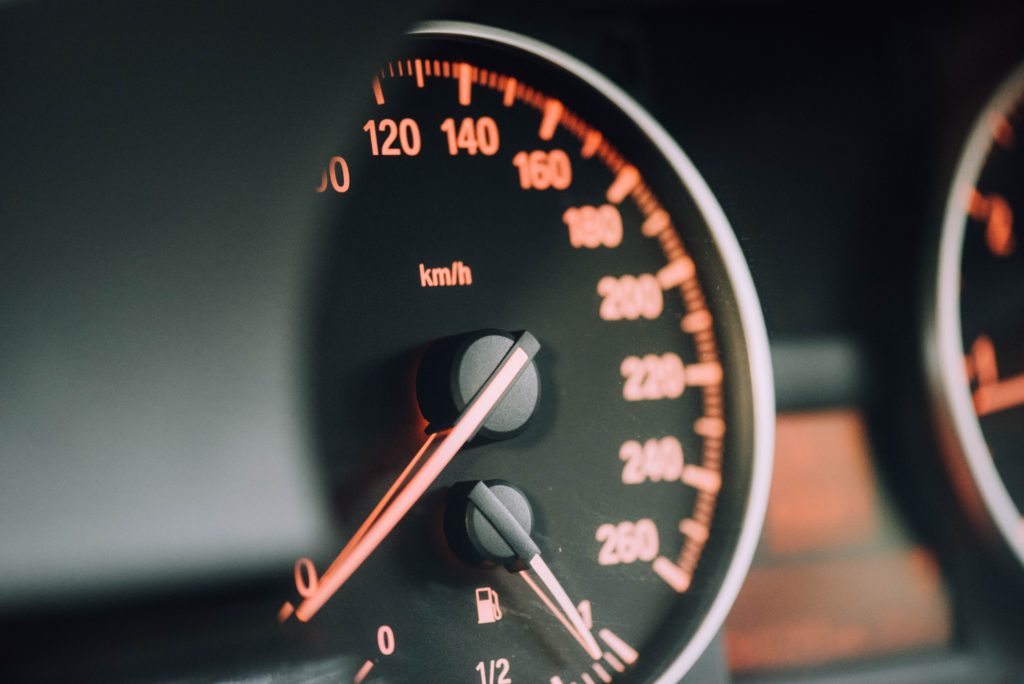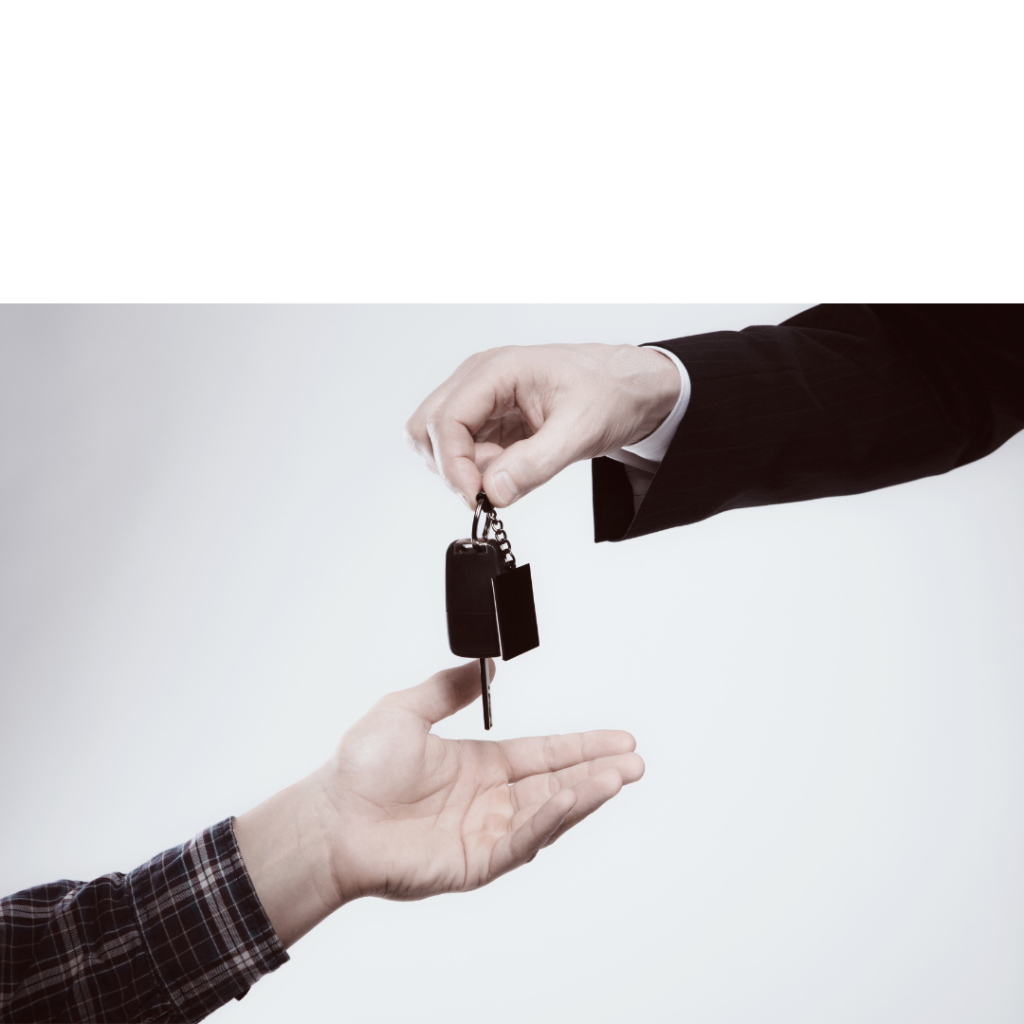When it’s time to sell your car, whether you intend to buy a new one or pocket the cash, there is likely a lot on your mind. Between cleaning, taking photos, listing, and organizing test drives, selling a car on your own can be incredibly taxing. This is not to mention the potential dangers that can occur when you sell a car yourself, from experiencing fraud, identity theft, or other scams to putting your own safety at risk during a viewing or test drive.
Though many experts will claim that you can get more money selling your car on your own, they rarely account for the time spent and the risks associated with selling a vehicle. Unfortunately, there are lots of individuals who wish to take advantage of sellers, and it is far too easy to find yourself in a sketchy or outright dangerous situation. While most sellers know to thoroughly screen possible buyers before arranging a sale, sometimes these scams are difficult to detect.
Here at CarVIO, we never recommend that you sell your car on your own. We have seen too many individuals get scammed by fake buyers and strongly believe that the process is not worth the risk. However, if you do decide to sell your car privately, these are some of the things to look out for to avoid falling victim to a scam.
1. The Buyer Wants to Purchase the Car Without Seeing It.
Though you may have photos on your listing, a potential buyer should want to see the car in person before sealing the deal. Remember, a car is a significant investment. If the person claims to be okay buying the car sight unseen, you should be very wary.
In this situation, the person may offer to pay by check or wire transfer and send another unknown person to collect the car. Chances are high that these payments will not go through, and you will be left without a car or the funds from the sale.
2. The Buyer Wants to Create a Payment Plan.
If a potential buyer wants to pay you on a monthly basis or in installments, you should reject their offer. You are an individual, not a credit union. You do not have the safety measures nor the expertise to collect someone’s debts if they don’t pay. Always demand the full price up-front.
3. Buyer pays with a personal check.
Payment methods like checks and money orders are an immediate red flag. Having a check in hand is not the same as cash, and it can easily bounce or fail to go through when a buyer doesn’t have sufficient funds. If you hand the keys over before the check is cleared and the money is in your account, you will have a difficult time retrieving your money or your car.
Whether the buyer knowingly gives you a bad check or simply neglects their accounting, this is a risk you don’t need to take. If someone wishes to pay via check, tell them that you accept only company or cashiers checks.
4. The Buyer Wants You to Ship the Car.
Unless you have a truly one-of-a-kind vehicle, nobody should ask you to ship your car. There are likely plenty of models closer to their location for the same price. If they ask you to ship the car, they are likely trying to buy themselves time to send a fraudulent check or otherwise fail to pay. If you ship before you receive the money, you are in for an expensive and exhausting process to get your car back from the shipping company.
Make it a steadfast policy to meet all potential buyers in person before negotiating a sale.

5. The Buyer Wants to Meet at Night or at Your Home.
It is always best to meet potential buyers in a public place during the day. If you meet them when it’s dark, you run the very real possibility that they may try to assault you and/or steal your vehicle. If you meet them at your home, they will know where you live whether they buy the car or not. This puts your family at risk.
Instead, meet the buyer in the parking lot of a public place, such as a grocery store or mall. It is best to bring someone with you as this person can act as a witness if something goes wrong and may be able to protect you if you get attacked. If this isn’t an option, let someone know who you are meeting, share their contact information, and give them the exact location and time of the meeting.
You may also want to review your phone’s settings to make sure you know how to operate SOS mode, which can call emergency services for you and share your location data.
6. The Buyer Gets Emotional.
Though emotion and empathy have their places, the process of buying a car is not one of them. If a potential buyer begins divulging personal information, especially sad or tragic stories about their past, you should be on high alert. Scammers will make up sad stories to try and get kind sellers to lower their asking price.
Remember, this is a business transaction. Keep your exchanges with any potential buyers on professional terms. The only exception to this is if you sell to someone you know. If you know and trust the buyer, professionalism is unnecessary.
7. The Buyer Asks for Personal Information.
Familiarize yourself with your car’s title, as well as the paperwork needed to transfer the title to a potential buyer. This is the only information that is necessary to give to the buyer, and then only when you have met them and have paid you with a reliable source. Even then, you can fill out the paperwork on your own and don’t have to verbalize anything to them.
Of course, it is normal to have a friendly back and forth with your buyer. However, if they ask about anything you’d be uncomfortable divulging to a coworker, find another buyer.
8. The Buyer Tries to Gaslight You.
Of course, you should thoroughly research your car’s value before putting it on the market. Be sure to be complete with your sources so that you feel confident in your asking price. If a buyer tries to tell you that the car is worth less than you’re asking or that certain aspects make it worthless, they may be trying to scam you. If they can convince you that the car isn’t worth what you’re asking, they can buy it for less.
Trust your research and your asking price. Though some haggling is normal, they shouldn’t try to convince you that you’re crazy for your asking price.
Avoid These Scams with CarVIO
If you’re scared after reading these tips, you should be. Selling a car on your own is dangerous and usually not worth any extra money you’d get over a trade-in. You have the potential to be physically, emotionally, and financially harmed if something goes wrong.
Here at CarVIO, we submit offers within 24 hours. We pick up your car and handle the paperwork, all with the professionalism that only a company can provide. We are BBB accredited, so you can rest assured that you won’t see any scams when you work with us.
Fill out our online form to get started.



















